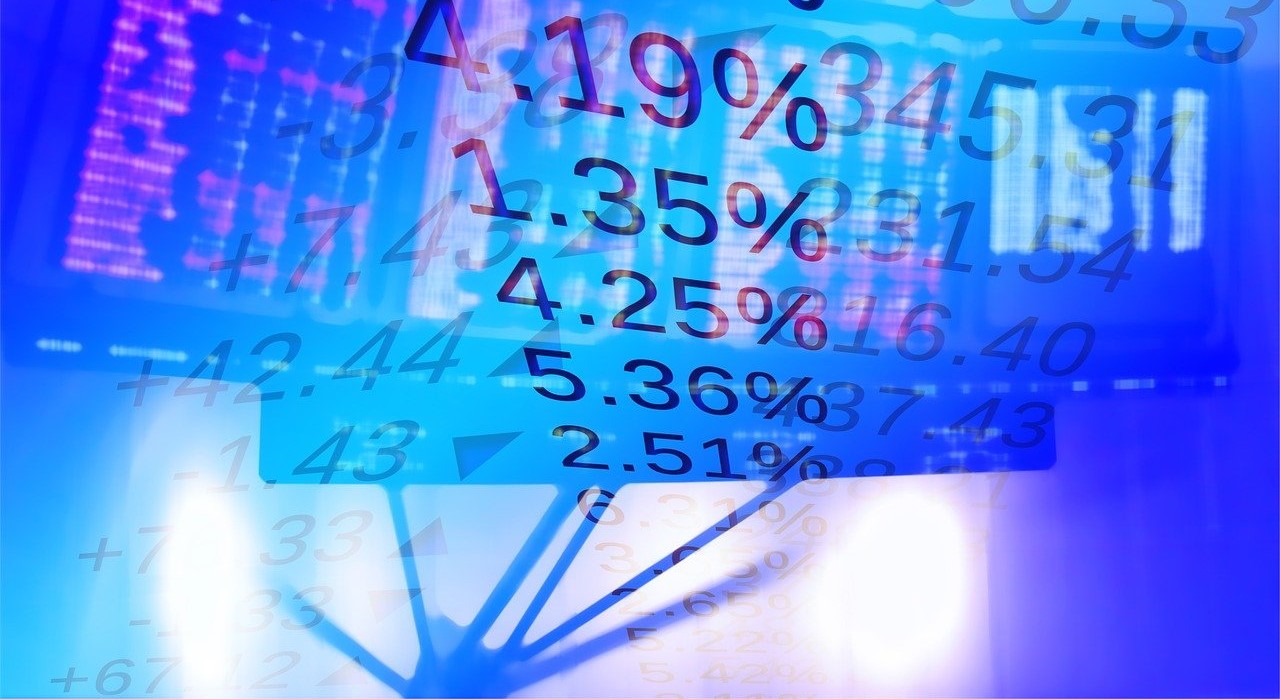
On The Money
As stock prices hit record highs and the housing market continues to climb, the gap between the wealthy and the middle-class in Canada widens alarmingly. This growing disparity paints a grim picture of the Canadian economic landscape, where the prosperity of the few starkly contrasts with the struggles of the many. Despite robust economic indicators, the benefits of massive government spending and interventions appear disproportionately skewed towards the wealthy.
Inflation has become a pressing issue, eroding the purchasing power of middle and lower-income Canadians. Essentials like food, gas, and housing costs have seen significant price hikes, disproportionately impacting those with stagnant wages. While the Bank of Canada aims to control inflation through monetary policy, the immediate effects of hikes are felt most acutely by those who can least afford them through higher mortgage and credit card payments.
The housing market, initially buoyed by low interest rates and now by exceedingly high demand from unprecedented immigration, has seen home prices soar. For many middle-class families, homeownership—the cornerstone of the Western society—has become increasingly unattainable. Plus, the fact that an ever-increasing percentage of Canadian shelter is owned corporately for rent, according the Canadian Housing Statistics Program. This brings life to words spoken by Danish politician Ida Auken at the World Economic Forum in 2016 – “you will own nothing and be happy” (paraphrase). How prophetic.
Credit card debt is another significant burden for the middle class. With rising living costs and insufficient income growth, many families have turned to their credit cards to cover basic expenses, which is obviously unsustainable. According to recent data, credit card debt has reached record levels, with interest rates often exceeding well over 20%. This debt trap limits economic mobility and exacerbates financial instability for countless households. This is nothing short of modern slavery – let’s just call permanent indebtedness to banks what it is.
The S&P 500, the world’s primary index of economic performance has seen its value rise over $10 trillion dollars in just one year, to over $44 trillion today. The stock market has been a significant driver of wealth accumulation for the already affluent. The top 10% of households own the vast majority of this wealth, benefiting from rising stock prices and corporate profits. In contrast, middle and lower-income families, who may not have significant investments in the stock market, see little to no benefit from these gains.
Now, before you dare insult me and proclaim me a socialist out to expose the wealthy, that I simply want to “tax the rich” and give to the poor via some mad, eco-driven, DEI infused, wealth distribution scheme (also known as the Carbon Tax), please hear me out – the Devil, you see, is in the details.
Massive government spending and interventions, such as stimulus packages and low-interest-rate policies, have supported the economy through turbulent times. However, these measures have also disproportionately benefited the wealthy. For example, while emergency benefits like the Canada Emergency Response Benefit (CERB) provided short-term relief to many Canadians, many Canadian businesses took advantage of the money to invest into the stock market, which surged, further enriching those with already substantial investments. The wealthy have been at the trough of the Canadian Government, happily soaking themselves in a slew of uncontrolled, unaccountable government grants unlike Canadians have ever seen before. Yes, these grants are meant to be a form of wealth redistribution that we are told are designed to help the most vulnerable in our society, but their incentives make the rich richer and dumps money into the economy that boosts inflation. Ultimately, corporate cronyism is essentially taking from the middle-class taxpayer and enriching the wealthy business owner. Everybody knows this, but since the government is doing it, it’s OK for businesses to participate. But it is not, it’s wrong and unethical. Sadly, the justification I hear is often, “I’ll stop when the government stops handing me money.”
Tax policies have also played a role in widening the wealth gap. Tax loopholes and tax avoidance strategies are more accessible to the rich, enabling them to retain more of their wealth.
Implementing simple tax reforms can help address income inequality without veering into socialism. The tax code is cumbersome and requires specialists for the majority of Canadians, which is a clear sign it doesn’t work for most people. It’s chalk full of incentives and disincentives designed to control people to behave certain ways that fit the values of the government of the day, all the while not materially making any real difference in the outcomes, with some exceptions. I wonder how effective a flat tax system would work in Canada, perhaps it’s worthy of greater consideration given the current system is failing our society.
So, I’ve complained quit a bit now. But, I think we must address this growing inequality before it turns into civil unrest. In Canada, I believe we have one of the greatest opportunities in the world to reduce the gap, but only if we have the political will to do so. So far, no Canadian government has had the gusto to really address the country’s problems head on, most rather punt the problems downfield for the next government to deal with, only they never do. So here we are.
The most obvious problem in Canada is that the government is directly in the way of the people and business. As mentioned with tax policy, they could simply re-write the tax code and vastly simplify it. This will be met with the wailing of many a lobbyist and special interest group that currently benefits… it seems today every possibility “identity” or malady has its own group with its own special privileges and perks, but this must end. This is the same logic when applied to subsidizing corporations and protecting industries. Why are we protecting cell phone companies, our dairy industry, our healthcare sector, when the entire world has moved on? We are literally living in the dark ages economically in Canada, we need to catch up.
Secondly, stop taxing energy… since the dawn of time, energy has always been the key to a better civilization. More energy allows people to do more things, it’s that simple. Canadians take it for granted because we have so much of it. Thus, it is doubly shameful that we place such massive taxes upon it. Removing energy taxes would greatly reduce inflation and financial burdens on the poor, much greater than any tax cut or government hand out ever could, because energy prices impact the prices of almost everything else–from anything made of plastic to anything that is physically transported from one place to another. Yes, fossil fuels are polluting, but they’re better than wood or dung (which is what most of the poor in the world use as a primary source of energy). The real answer is: nuclear power. Wind and solar just aren’t economic in terms of cost and effectiveness. Unfortunately, Canada lacks the will and capital to build nuclear power infrastructure, so fossils fuels it is and it must be for now.
To help reduce and maybe even reverse housing inflation Canada has to massively cut immigration… we’ve let in too many people as it is over the past few years. One has to wonder what in God’s name these people were thinking letting in a million people a year into a country with only 40 million people, that is a massive influx any way you look at it. Many Canadians and the immigrants that came here are now suffering mightily because of bad immigration policies.
The most significant area of change, and not the last, is that Canada must reduce its spending and ballooning debt. This all impacts the value of the dollar and drives inflation higher. The saddest part of it all is that the current government is completely out of step with the Bank of Canada, what they refer to as fiscal (government) and monetary (BoC) policies, respectively. When the BoC tightens up the money supply by increasing rates, the government just continues to spend, spend, spend. But, then why has inflation slowed when the government is still spending, you ask? Well, I believe that we are in a real recession, it’s just being masked by unprecedented government spending, creating more government jobs and corporate cronyism. When that eventually stops, Canadians will likely be in even greater financial peril.
I should try to end this on a hopeful note, and so I’ll say that there are parts of the world that are doing well… and perhaps an interconnected global economy that needs a lot of what Canada primarily supplies, fossil fuels and minerals, might be enough to pull us out of the worst of what I fear to come, so there’s that. As a great economist I love to follow, but who shall remain nameless, often says, “we shall see.”
Romel Dhalla, is President of Dhalla Advisory Corp., provides strategic corporate finance advice to companies and high net worth individuals and was a portfolio manager and investment advisor with two major Canadian banks for 17 years. Contact him at romel@dacorp.ca. Any views or opinions represented in this article are personal and belong solely to the author and do not represent those of people, institutions or organizations that the owner may or may not be associated with in professional or personal capacity, unless explicitly stated. Any views or opinions are not intended to malign any religion, ethnic group, club, organization, company, or individual.


